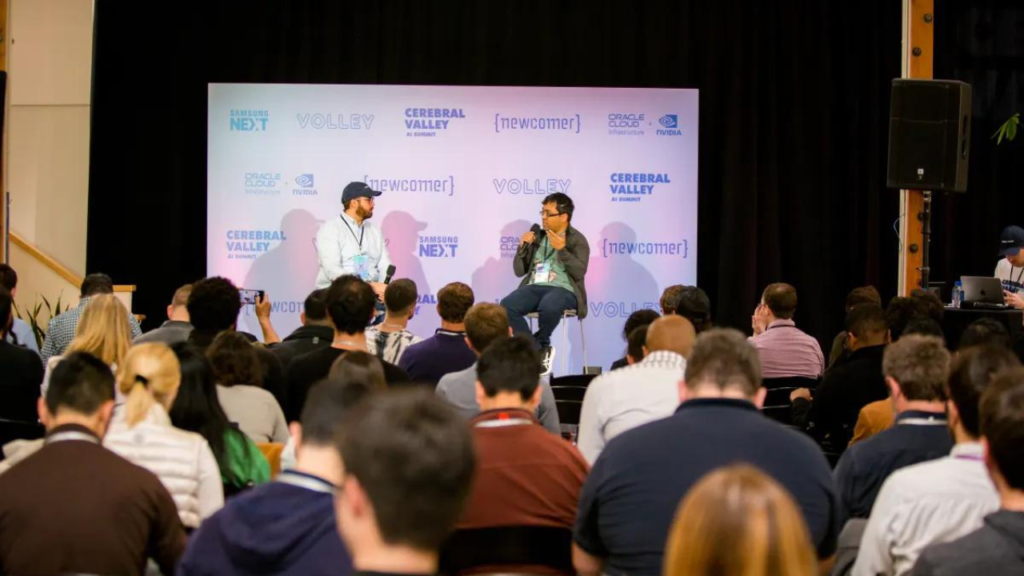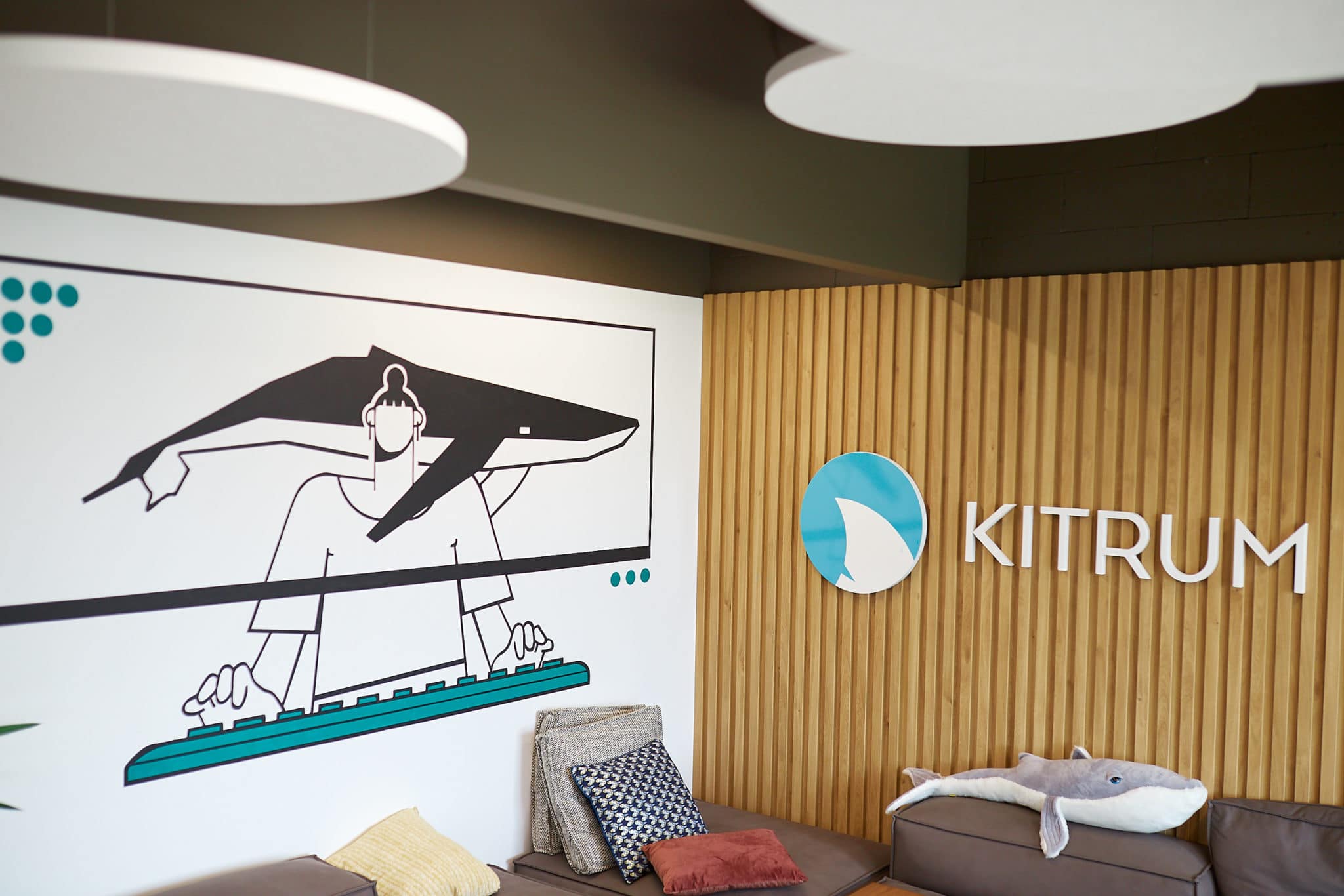This week’s business news digest brings you the latest tech industry updates from April 15 – 21. We will highlight stories from various industries, such as Meta, which announced plans to cut around 4,000 jobs in their latest round of layoffs. Additionally, we will discuss Stability AI, which has released an open-source text-generating model that aims to compete with the upcoming GPT-4 from OpenAI.
Startups
Meta to cut around 4,000 jobs in the latest round of layoffs
Meta, formerly known as Facebook, confirmed to TechCrunch, that they are about to carry out another round of mass layoffs this week. The number of job cuts will be in the region of 4,000. The upcoming layoffs are part of a group of 10,000 job cuts that CEO Mark Zuckerberg announced in March, with a significant portion of them being related to projects considered to be of low priority.

There is speculation that several projects and teams within Facebook’s app and Reality Labs – which deals with augmented and virtual reality – may soon face cuts. However, developers working on games may be safe for now, as Meta focuses on marketing its metaverse proposition to conventional gamers, according to a report from Business Insider.
Revolutionary data syncing solution: Ditto raises $45 Million to keep companies on the cutting edge
Ditto, a distributed database startup founded by Adam Fish and Max Alexander, has raised $45 million in Series A funding led by Acrew Capital, with participation from U.S. Innovative Technology Fund (USIT), True Ventures, and Amity Ventures.
Ditto provides a database that can run across edge devices and in the cloud, allowing developers to store and sync data peer-to-peer across mobile and edge devices. The platform can operate independently of an internet connection, making it useful for industries looking to adopt contactless solutions. Ditto maintains several active government and military contracts, including a $950 million deal with the U.S. Air Force.
The startup plans to use the funding to expand its software development kit and acquire customers in the travel, education, and retail industries. With the funding, Ditto has raised $54 million to date, including a $9 million seed round closed in November 2021. The startup plans to grow its workforce from 65 people to over 100 by the end of the year.
AI
Stability AI releases open-source text-generating model to compete with GPT-4?
Stability AI, a startup known for its generative AI art tool called Stable Diffusion, has released an open-source set of text-generating AI models known as StableLM. These models are designed to compete with other established systems like OpenAI’s GPT-4 and can generate both code and text. The company claims that StableLM models can achieve high performance with appropriate training on the Pile dataset.
The models can behave similarly to ChatGPT, following instructions like “write a cover letter for a QA engineer” or “write scripts for a video about Rome.” While some researchers are concerned about the potential risks of open-source models, such as aiding in malware attacks or creating phishing emails, Stability AI believes that open-sourcing is the correct approach. The company asserts that this allows the research community to develop safety and interpretability techniques beyond possible with closed models and promotes transparency and trust.

However, the startup has faced legal action over allegations of infringing on the rights of artists by developing AI art tools using copyrighted images scraped from the web. Although Stability AI CEO Emad Mostaque has hinted at the possibility of an IPO, the company is reportedly struggling to generate revenue and burning through cash.
The daily cost of operating ChatGPT could exceed $700,000
According to Dylan Patel, chief analyst at SemiAnalysis, using ChatGPT to perform various tasks, such as writing cover letters and redoing dating profiles, could cost OpenAI up to $700,000 a day due to the expensive tech infrastructure it runs on. The cost of inference, or operational expenses, exceeds the cost of training and deployment of the model at any reasonable scale. To reduce the high cost of running generative AI models, Microsoft has reportedly been working on a secret chip called Athena, with more than 300 employees now working on it. The chip could be released for internal use by Microsoft and OpenAI as early as next year.









